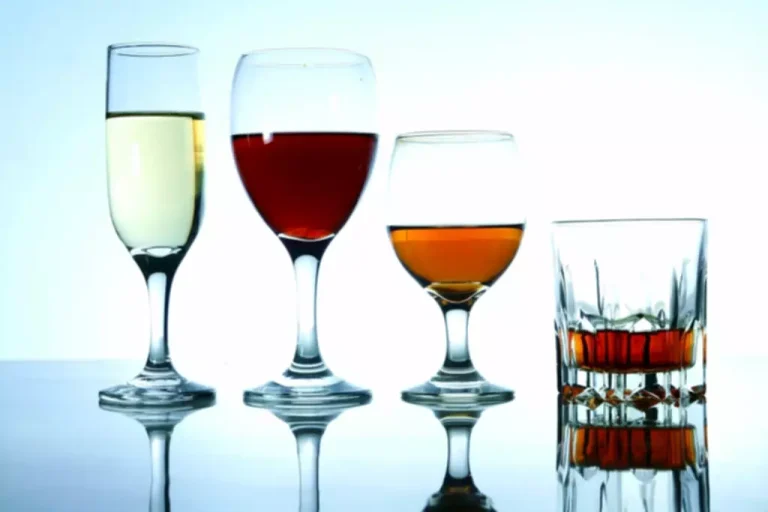
The fun and happy feelings of being tipsy can turn into not-so-great stuff, like feeling sick or doing things you might regret later. If you continue to drink, the effects will become more pronounced, leading to drunkenness and potentially more severe impairment. Blood alcohol content (BAC) is the unit used to measure the amount of alcohol in a person’s bloodstream. The more alcohol you drink, the stronger the effects of alcohol on the body. According to a 2015 national survey, more than 86 percent of people ages 18 and older say they’ve had alcohol at some point in their lifetime. More than 70 percent had an alcoholic drink in the past year, and 56 percent drank in the past month.
Are There Any Risks Associated With Stopping Drinking Suddenly?
Sobriety is a complex process that can take time and cannot be rushed. Sobering up quickly is not a viable option and attempting to do so could pose a danger to both yourself and others. Even if you take certain measures, it will still take some time for the alcohol to fully leave your system. Take the first step toward addiction treatment by contacting us today.
Does vaping make you lose weight?
At this stage, you will likely feel very unsteady and may have trouble walking what does being drunk feel like straight. Your speech may become slurred, and your reaction times will be much slower. In this blog, we’ll cover what it means to be tipsy vs drunk, how each one feels, and if you’re going to drink alcohol, how to do so in a safe way.

Tipsy vs. Drunk vs. Buzzed: What Is the Difference?
It is also important to be mindful of the laws in your area and drink responsibly. Ultimately, it would be best to take what is said while under the influence of alcohol with a grain of salt and think about things more clearly after the hangover has subsided. You should also ensure you drink plenty of fluids to help restore electrolyte balance and speed up this process. In some cases, where a topic is highly contentious or polarizing, it can remain in the public consciousness for longer as people’s views continue to be relevant and shared. You should also be sure to have a designated driver if you are planning on drinking. You wake up in the morning with a pounding headache, sick to your stomach, with some unidentifiable sauce all over your face.
What Are Some Common Symptoms Of Drunkenness Or Being Drunk?
Similarly, engaging in certain activities while drunk, such as operating heavy machinery or engaging in physical altercations, can lead to legal consequences and serious harm. Remember, the consequences of driving under the influence can be severe, ranging from legal penalties and fines to Substance abuse causing accidents that may result in injury or loss of life. By making smart choices and looking out for yourself and others, you can enjoy social situations involving alcohol while minimizing risks to yourself and those around you. The way we speak can also predict whether we’ll “click” with someone. Research on Language Style Matching (LSM) suggests that people who unconsciously mirror each other’s linguistic style feel a greater sense of connection, even in their very first interactions.
- The liver is responsible for processing and eliminating toxins from the body, including alcohol.
- While some of these symptoms may be unavoidable, there are steps that you can take to mitigate the effects of heavy drinking.
- Addiction experts believe that the “angry drunk” reacts to their depression in an adverse way which results in an outwardly rageful outburst.
- The severity of these symptoms can increase as the level of intoxication rises.
- If you plan to drink, make sure you have a plan for getting home safely, whether that is by using a designated driver, calling a cab or ride-sharing service, or using public transportation.
- If you find yourself drinking more frequently or in larger quantities to achieve the same feeling, it may be a sign that you’re developing a problem with alcohol.
Tipsy vs. Drunk: What is the Difference?

A typical adult would reach this level after 4-5 standard drinks within a couple hours. Extreme levels above 0.25% put one at high risk for alcohol poisoning, unconsciousness, and even death. It is always best to avoid driving or operating machinery when under the influence of alcohol, regardless of whether one feels buzzed or drunk. Even small amounts of alcohol can slow reaction times and cloud decision-making abilities, potentially leading to dangerous situations on the road or in the workplace. The legal implications of being buzzed versus being drunk can vary depending on local laws.

Sometimes you meet someone, and you just know that you can communicate. It happens that you say hello to a new coworker or share small talk with a security officer, and you have an instant sense of connectedness. Most probably, you had that feeling with the closest of your friends or your romantic partners from the very first time you met. Here, I’ve gathered some possible reasons for that phenomenon from psychological research on interpersonal relationships. But it doesn’t mean you should totally sort of ignore what’s happening.
- In addition to being the most commonly abused drug, alcohol is probably the most dangerous drug.
- It’s difficult to provide an exact answer to this question, as it ultimately depends on a variety of factors, including your body weight, alcohol tolerance, metabolism, and the amount of beer consumed.
- Extreme levels above 0.25% put one at high risk for alcohol poisoning, unconsciousness, and even death.
- There is a greater chance that they will instantly enjoy being with people who share similar characteristics, since they tend to feel that they connect more with them.
Key differences between buzzed and drunk
If you plan to drink, make sure you have a plan for https://ecosoberhouse.com/ getting home safely, whether that is by using a designated driver, calling a cab or ride-sharing service, or using public transportation. Another sign that you’re buzzed is that you have more confidence than usual. You might be more willing to take risks, such as approaching someone you’re attracted to or trying a new activity.


 Offers free spin
Offers free spin